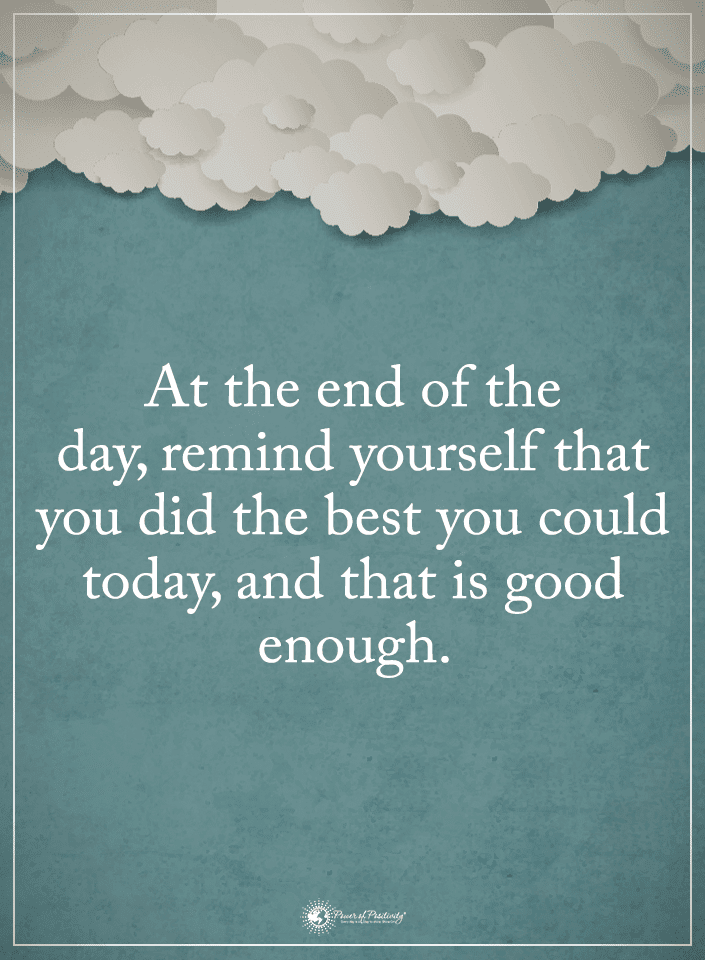We have all felt the heady rush, the swooping feeling in the pit of our stomachs, and the general dizziness of falling in love. The incredible feeling, not unlike that of going on a rollercoaster for the very first time, is known to make people unreasonably happy and to put a bounce in their step far beyond their usual behavior.
In addition to all of these wonderful attributes, did you know that falling head over heels for someone is also scientifically good for you?
Falling for Someone Makes You Immune to Pain
According to a study performed by Stanford University, being in love actually reduces your pain receptors so that you only feel about 60% of physical pain that of which you otherwise would have felt 100%.
That’s a pretty significant drop in physical pain receptors and can be the result of why teenagers and young adults who are in love tend to heal faster, on average. The work required to get better and get back to your life again is almost insignificant if you are also sharing a great deal of brain with a loved one, especially a newly found loved one.
This can also be why people who are in loving monogamous relationships live longer on average and die in better condition (as opposed to long, drawn-out disease) than their unhappily matched or single friends.
Is That Cocaine I’m Feeling?
Falling in love is such a head rush that we consider it to be practically ordained by God or we call it “destiny”. What other facts could make us feel this way?
Well, it turns out, the brain can. Massive amounts of neurochemicals are released in the brain when we fall in love and the effect is a massive euphoria state, similar to that of the brain when cocaine is taken in.
Is the brain really affected the same way by falling in love as it by using cocaine? According to research performed by the University of Syracuse, it is. It really is. In fact, so many small obstacles in our daily lives are pushed out of the way and overcome as if they were nothing, that the massive success and resulting heady feeling from small achievement after small achievement can extend the feeling up to four to six days after every single encounter with your loved one.
The mass of utopian feelings created in our brain is so strong that we are often cautioned by our friends and family to NOT make any large decisions while in this state.
Can the Feeling Ever Go Away?
Yes, and it does every time, according to Gary Chapman, author of the bestselling book, The Five Love Languages. He calls these feelings of euphoria the “in love high” state which can last anywhere from two months to two years. After this, he has seen many times, the feeling wears off. In this stage, we say that “the honeymoon is over.”
Does that mean that it can be extended?
According to Dr. Chapman, it can. In his book, The Five Love Languages, he talks about how everyone has one or two primary love languages or a primary love language and a secondary one. The five love languages, as outlined are Words of Encouragement, Gift Giving and Receiving, Acts of Service, Physical Touch, and Quality Time.
By “expecting” the in love high stage to pass, we can look beyond the massive chemical attraction and build massively satisfying long-term relationships with our partners which feel as if the emotions will never die by simply learning how to speak their love language and helping them to speak ours. We fall in love every day because our love tanks are being filled every day.
What Other Things Can Extend These Good Feelings and Subsequent Good Health?
Taking a realistic approach. In fact, out of the successful long-term relationships which have been studied, only a small fraction of them believe in “happily ever after.” However, most of the divorce cases in the world result from the fairy tale mentality that all you have to do is get married and all will be well from then on out.
Lessons from Successful 20-year, 40-year, and Lifetime Marriages? Accept the fact that all relationships, just falling in love or long-term commitment, take hard work, no matter what types of relationships they are and accept the fact that all of the enormous emotional growth and internal maturity will, indeed, pay off in amazing positive results over the years. Expect it to be a continual process, not an end result.
Final Thoughts
Our emotions are, indeed, heavy tools with immense power. They create reduced stress, long-term happiness, better health, and increased longevity. However, like any tool, they must be shaped and trained over the years to adapt to each other and to life’s little changes which add up to big changes over the decades.
Rather than putting yourself first or the other person first, put the entity of the relationship first and continue that heady falling in love feeling for all eternity.
https://www.youtube.com/watch?v=LCiUY7nnVxo









